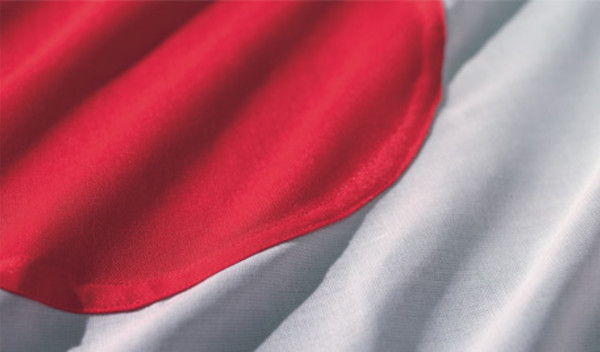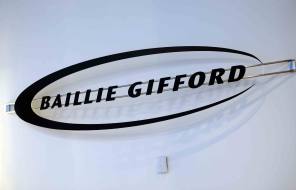

Baillie Gifford Shin Nippon is a Japanese Smaller companies trust.
It returned 17 per cent in the six months to the end of June, compared with 16 per cent for the average trust in the AIC Japanese Smaller Companies sector in the same time period.
In the results announcement, the trust said among the top performers were online businesses related to domestic consumption, including Japan’s leading online takeaway delivery service, Yume No Machi, and online fashion apparel website, Start Today.
The trust also benefited from exposure to companies involved in factory automation and electric cars.
The trust management wrote: "Both Harmonic Drive, a leading global manufacturer of precision gears used in small robots, and IRISO Electronics, a manufacturer of high-end connectors used in cars, are ramping up their capacity as they continue to see robust demand for their products.
"Staffing companies such as Outsourcing and WDB Holdings also performed well as they continue to benefit from the ongoing labour shortage in Japan. They have successfully been adding more workers to their roster and are also raising prices."
The Baillie Gifford Shin Nippon investment trust trades at a premium to net assets of 5.5 per cent.
Michael Lindsell, who runs the £168m Lindsell Train Japanese Equity fund, believes the biggest threat to equity investors in Japan is the reliance many of the largest companies on the stock exchange on “protectionist” barriers to entry into their markets.
Mr Lindsell said technological change will erode those barriers and hit the returns of those companies.
Mr Lindsell said: "Sheltering behind the protectionist barriers in Japan may buy more time but eventually change will catch up and expose businesses that have failed to adapt.
"The country is too globally integrated to ignore what is happening in the rest of the world and frankly, it needs to embrace these dramatic changes to deal with its own problems of a declining population and poor productivity.
"Letting the US steal a march on the implementation of new technologies could be fatal for industries who will be falling over themselves just to catch up. Japan needs to embrace change and to do it now."
He said the companies to invest in, in any market, to garner protection from the changes being wrought by technology, are those that "shelter behind basic human instincts of touch, smell, taste and vanity that even technology will find hard to disintermediate."
This has led him to invest in beverage companies, Ito En and Kirin, and male grooming products company Mandom.
Mr Lindsell said there are also a number of existing large companies that can benefit from technological change.
He said: "We own a number of companies that are embracing technology in order to innovate, compete more effectively or modernise distribution.
"These include Nintendo (video games), Morningstar Japan (financial information), Sotsu(anime/media rights), Obic Business Consultants and Broadleaf (BtoB software).
"All have valuable content at their core that is unique and difficult to replicate. OBC and Broadleaf also rely on a secondary human instinct of inertia (small businesses are primarily focussed on growing not on the hassle of switching software providers), which allows their existing business to generate the cash to allow them to invest and grow anew.
"Meiko Network’s extracurricular education that is personalised to the individual is protected for now by the inertia of change in that industry. Tsutsumi Jewelry at least makes what it sells so if its shops are not the selling destination of the future the company’s products will remain relevant even if it has to adapt its distribution.”
david.thorpe@ft.com



